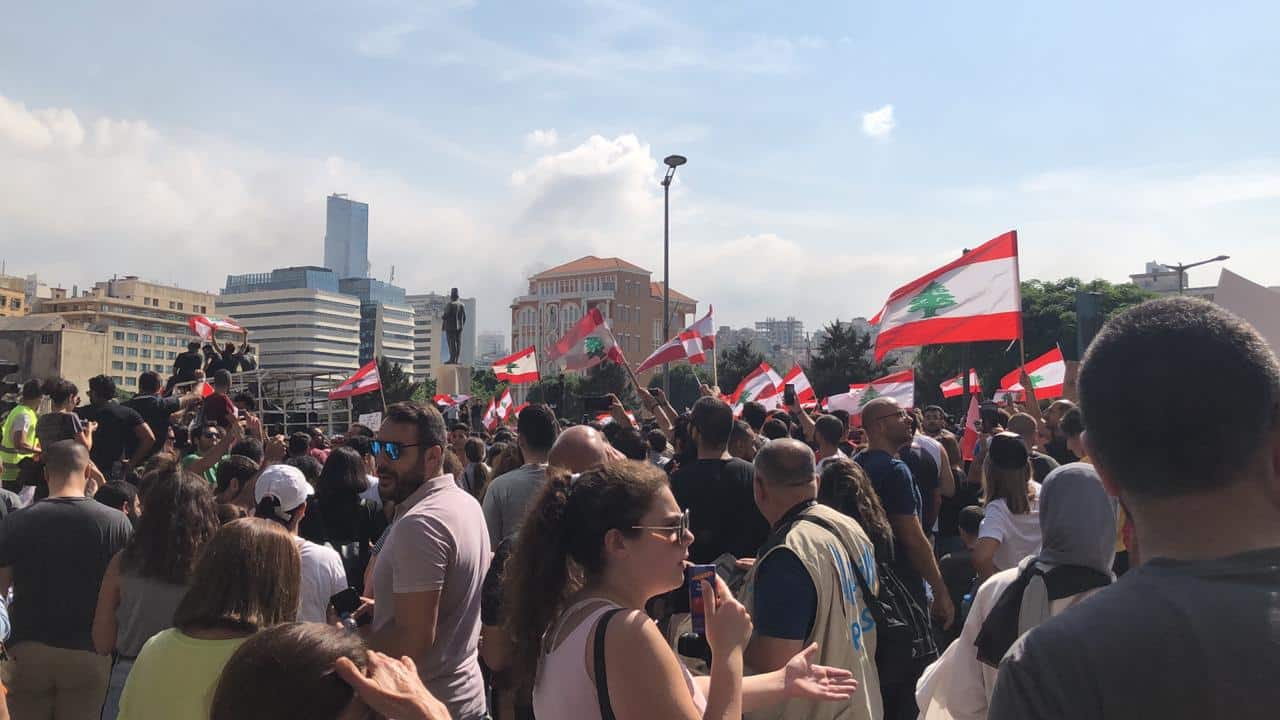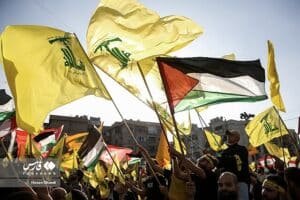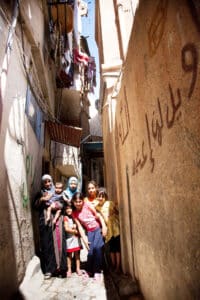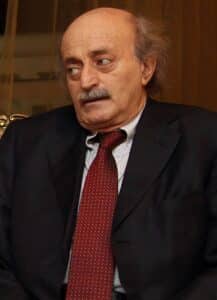After three months of protests and a month of tense negotiations, Lebanon officials announced a new government on 21 January. This government will be led by Prime Minister Hassan Diab, who vowed that this government would strive to meet the demands of the protest movement, who demand radical change and a technocratic government. Prime Minister Diab formed his government after 34 days of tense negotiations, as pressure to come to an agreement increased due to ongoing protests across Lebanon . “I’ve been appointed in the face of many accusations. I wanted to work, not to argue. I have abided by the law informing me to form a government.” said Diab after the new cabinet was announced. Protesters called for a technocratic government, but this looks to be impossible to realize in the current political landscape and structure of the constitution, which demands that all communities in Lebanon are represented.
An independent cabinet?
Mr Diab wanted a cabinet of 18 ministers but agreed to include 2 extra ministers to satisfy different political partners. Still this government is regarded as a small one for Lebanese standards, normally a cabinet contains close to 30 ministers. All in an effort to satisfy a variety of religious communities in the country. This caused the negotiations to take such a long time Even with the country being in a serious economic crisis, political parties fought to maintain their presence in the Lebanese government.Many ministers on the list have relevant expertise but cannot be regarded as independent.Prime Minister Diab’s appointment in December already sparked protests, as he is seen as an ally of the powerful Hezbollah movement. Hezbollah supporters have been engaged in heavy clashes with protesters on multiple occasions. The new government does has some progressive characteristics, as it contains six women and the first female defense minister in the Middle East.
The new administration is mostly negotiated by the Iran-backed Hezbollah and its ally, the Free Patriotic Movement which is founded by the president. The government is backed by the Shia Muslim factions but lacks support from some important factions. The Sunni-led Future Movement of former PM Hariri is absent in the new government as is the Christian Lebanese Forces party and the Progressive Socialist Party, which represents the Druze. The alliance of pro-Syrian factions that used to be the old March 8 faction selected and approved all new ministers. And with the Christian bloc of President Michel Aoun and the Shiite Amal party of Parliament Speaker Nabih Berri supporting Hezbollah, Lebanon’s government is very unbalanced.
Paul Salem of the Middle East institute argues that the new government can be regarded as a shadow government operating for the four of five oligarchs that still cling to power. Sami Nader, director of the Levant Institute for Strategic Affairs, said he had “mixed feelings” about the new government. “It does not bode well because the same old system of power distribution among sectarian groups” has been followed, Mr Nader said. “That said, there are at least five very good names. The question is, will they be able get rid of the old political system”?
Protests continue despite a new cabinet
Protests against the new government started even before the official line-up was announced, with protesters calling it a “one colour” cabinet. They took to the streets in Beirut and closed roads in several cities using tires and make-shift barriers. Protests had mostly been peaceful in past months, but turned violent on over the weekend. With protesters calling for a “week of rage”, resulting in almost 540 injured as riot police used tear gas and rubber bullets to disperse the demonstrators. Protesters on Tuesday chanted “revolution, revolution” and “leave, Michael Aoun”, in reference to the current president. Some said they would not leave until their demands for early elections and a technocrat-led government were met. With protests continuing an end to the unrest doesn’t look near, while politicians hoped that a new government actually would make an end to the protests. Citizens look more determined than ever to change the current sectarian rule in Lebanon.
Lebanese economy in a dire state
Lebanon’s new Finance Minister Ghazi Wazni warned that the country’s current financial and monetary crisis is “unprecedented”. He stressed that the country needs to obtain foreign aid to save its economy, as the country is hit by the worst economic crisis since the end of the civil war in 1990. U.N. Secretary General Antonio Guterres will support Diab in his efforts to reform the country. Still the country will struggle to move forward if protests continue, and currently it doesn’t look like they will die down. On Twitter, Lebanese celebrities also criticized the new government. Lebanese singer Elissa summarized the mood in a one-word tweet, describing the new government as a “joke”. Back on the streets, some took heart that the new government’s unpopularity would ensure the protest movement continued. “I’m not worried about the revolution dying anymore,” said Nathalie Bissat, a student at the American University of Beirut. With activists announcing more protests on social media, it looks like the new government will find it hard to improve the economy, one of its main goals. If Lebanon remains in this dire state and protests continue, new elections are becoming more likely with the day.
Sources: AlArabiya TheNational ReutersAljazeera



